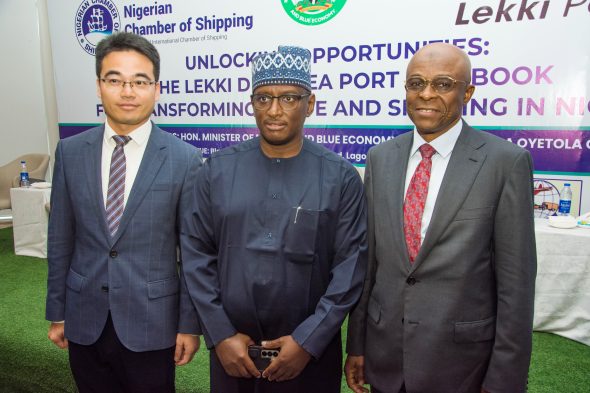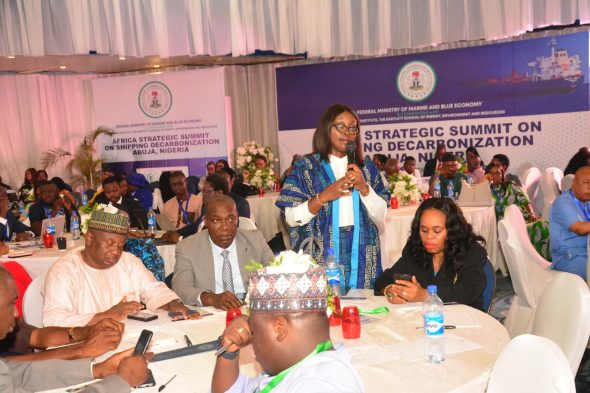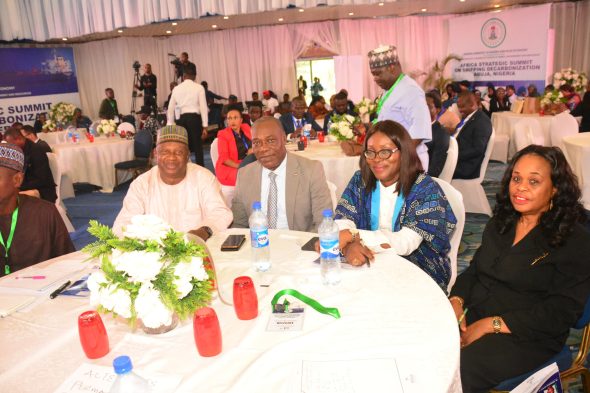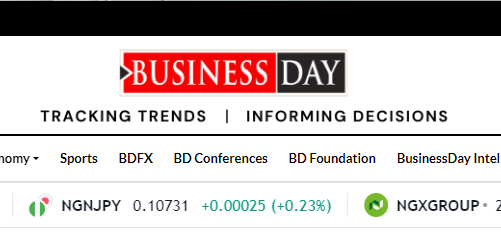
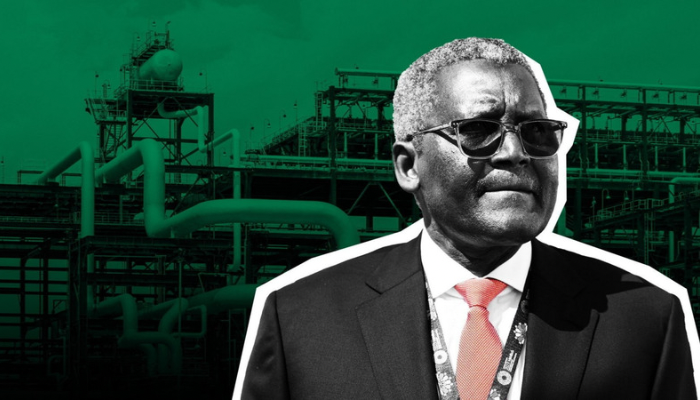
New business opportunities are opening up for indigenous and international shipping companies following the commencement of the $20 billion Dangote Refinery and the implementation of the African Continental Free Trade Area (AfCFTA).
The refinery and its petrochemical industry now produce fertilizer and refined petroleum products such as diesel shipped to other African countries as export cargo, thereby changing the dynamics of shipping in Nigeria from being solely import-oriented to including export.
In addition to the refinery, which started production on Friday, January 12, 2024,
Dangote Refinery is positioning Nigeria for the AfCFTA, which is also creating new trade opportunities between Nigeria and African countries.
“The coming on board of Dangote Refinery has changed the dynamics of the shipping business in West Africa. Before Dangote Refinery started operations, all the petroleum products that came to Nigeria were 100 percent imported. We are seeing cargo delivered outside Nigeria,” said Aminu Umar, president of the Nigerian Chamber of Shipping, at the BusinessDay Maritime Conference.
According to Umar, fertilizer export is coming out of the Dangote Petrochemical industry and is creating new business opportunities for shipping companies.
Umar said in addition to the export of agricultural produce lifted by container liners, the refinery now creates opportunities for shipping wet cargo, including gas and petrol; and dry cargo such as fertilizer.
“Today, cargoes are loaded in Nigeria and delivered to Congo, Guinea, Gabon, and Senegal. This is a big development that has huge potential for investors in shipping. Nigerian shipowners need to find ways to tap into the opportunities provided by the refinery and its petrochemical industry,” he said.
He however decried the poor participation of Nigerian-owned ships in this space as international counterparts, which own Suezmax vessels, still control the import and export of cargo in and out of the refinery.
